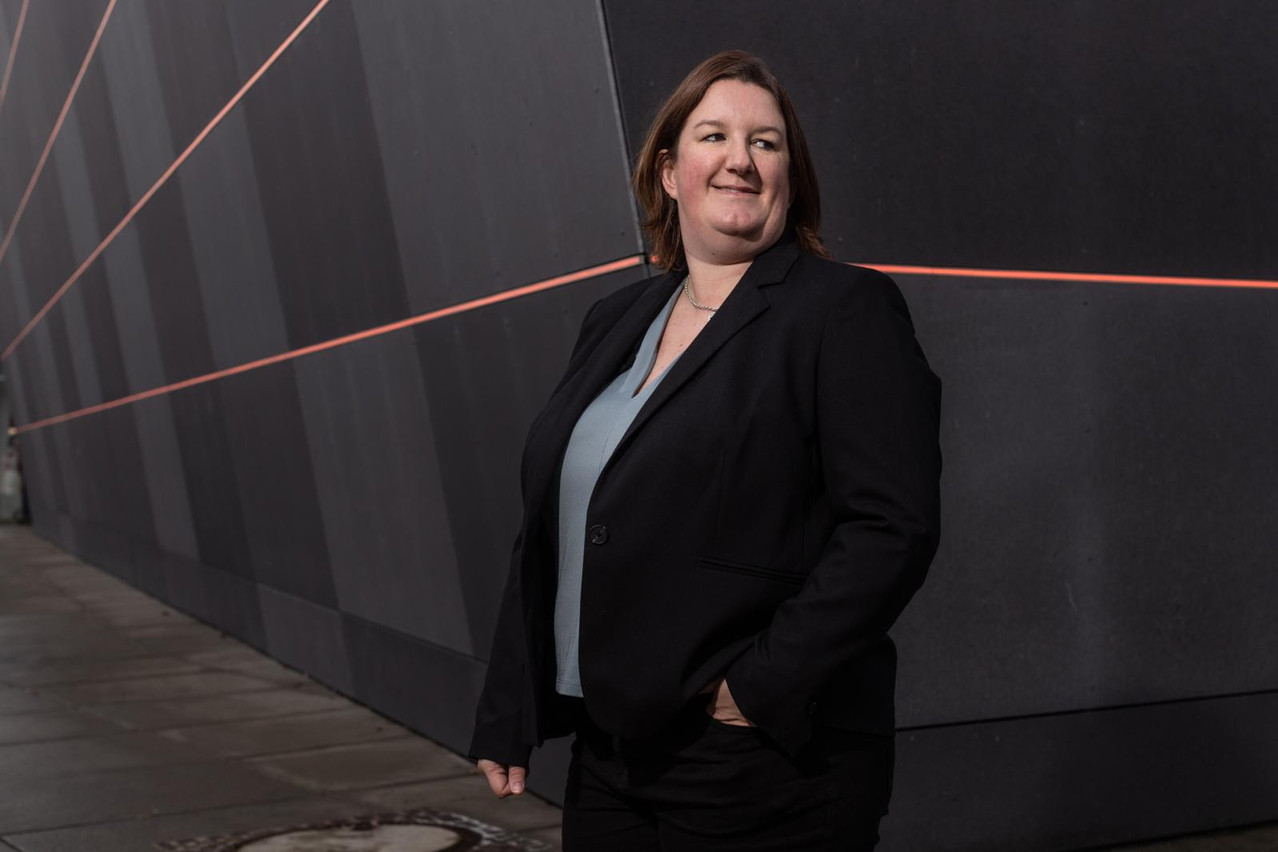Prior to the diagnosis, she had long struggled with what she calls a “hyperactive mind” as well as “time blindness,” or struggling with time management and organisation. At certain moments, she would feel overwhelmed by seemingly simple tasks--for example, speaking on the telephone.
Such feelings didn’t get easier when the covid-19 pandemic hit, so Quinton prioritised learning more about her anxiety. Three years ago, she was diagnosed with ADHD. “I tried medication, but it didn’t help,” she says. What did help her, however, was getting involved in online groups, where she ended up finding a coach to help her.
As the UK’s National Health Service (NHS) explains, ADHD is “a condition that affects people’s behaviour. People with ADHD can seem restless, may have trouble concentrating and may act on impulse.”
In addition to some of the symptoms Quinton had, the NHS adds that those with the condition can have problems “following instructions; focusing and completing tasks; coping with stress; feeling restless or impatient; impulsiveness and risk-taking; [and] some adults may also have issues with relationships or social interaction.”
Not quite the same as therapy…
While medication is often the first treatment offered, the NHS adds that therapies like as cognitive behavioural therapy (CBT) may also help.
Quinton says that one of the things that helped her manage her condition is, “Simplifying! I had already been interested in minimalism, but had never understood why.” Through her own work with a coach, she was inspired to become a herself and got certification through the International Coaching Federation and took courses specifically dedicated to ADHD.
Quinton, who has clients in Luxembourg and the UK with her coaching business while working part-time with her commune, offers a first discovery call free of charge, to better understand how a potential client and her can work together. After that, additional paid sessions can be booked.
While Quinton is not a psychologist, nor a medical practitioner (so she cannot make diagnoses), she can help put others in touch on where to get diagnosed and can hire out books and fidget toys. And she believes that it could help others to speak with someone who has the same condition and lived through it. “I know well how it affects me, how my brain works.”
She also sees many positives to dealing with ADHD. “ADHD’ers are creative,” she says. “I see things others don’t. Due to being hyperactive I can achieve things in a short space of time (when the ADHD wants to!) My impulsivity led me to volunteer as the only Brit at my local fire station, and one of few women. Also working in security for a German company, despite only speaking basic German and Luxembourgish.”
